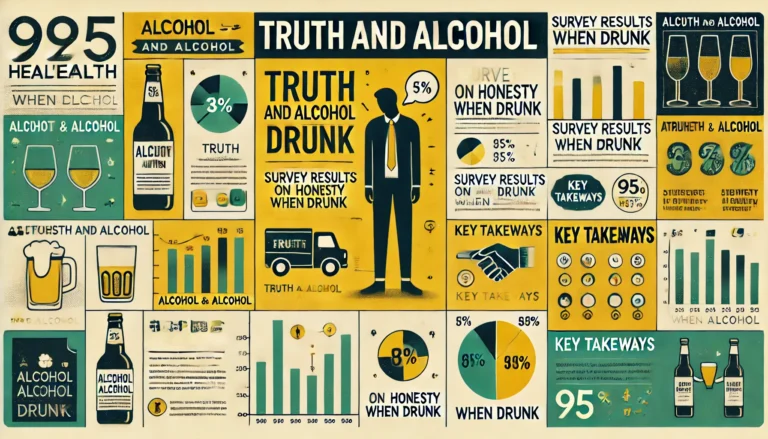Do Multivitamins Really Help You Live Longer?
In a world where health supplements are a booming industry, multivitamins are often touted as a key to longevity and overall well-being. However, recent research suggests that these supplements might not be as beneficial as we once thought.
The Study Findings
A study featured on Prevention reveals that taking multivitamins may not significantly contribute to a longer life. Researchers found no substantial evidence that multivitamin supplements reduce the risk of chronic diseases or mortality. This conclusion aligns with other studies that have scrutinized the actual health benefits of these supplements.
One significant finding is that while multivitamins can help fill nutritional gaps, they do not replace the benefits of a balanced diet rich in fruits, vegetables, and whole foods. For instance, specific nutrients like vitamins A, C, and E are more effective when consumed through food sources rather than in pill form. This is due to the synergistic effect of the various nutrients present in whole foods, which can’t be replicated in a supplement.
Expert Opinions
Experts from the National Institutes of Health (NIH) suggest that while multivitamins can be beneficial in preventing deficiencies in certain populations (like the elderly or those with specific health conditions), they are not a magic bullet for longevity. The NIH emphasizes that a nutrient-rich diet combined with regular physical activity is the most effective approach to achieving and maintaining good health.
Additionally, the American Heart Association (AHA) advises against relying on supplements for heart health. They stress that maintaining a healthy lifestyle, including a balanced diet, regular exercise, and not smoking, is crucial for reducing the risk of heart disease.
Practical Takeaways
- Focus on a Balanced Diet: Prioritize getting your nutrients from a varied diet that includes plenty of fruits, vegetables, whole grains, and lean proteins.
- Use Supplements Wisely: If you have specific nutritional deficiencies or health conditions, supplements can be helpful. However, they should complement a healthy diet, not replace it.
- Consult Healthcare Providers: Always talk to your doctor before starting any new supplement regimen, especially if you have existing health conditions or are taking other medications.





